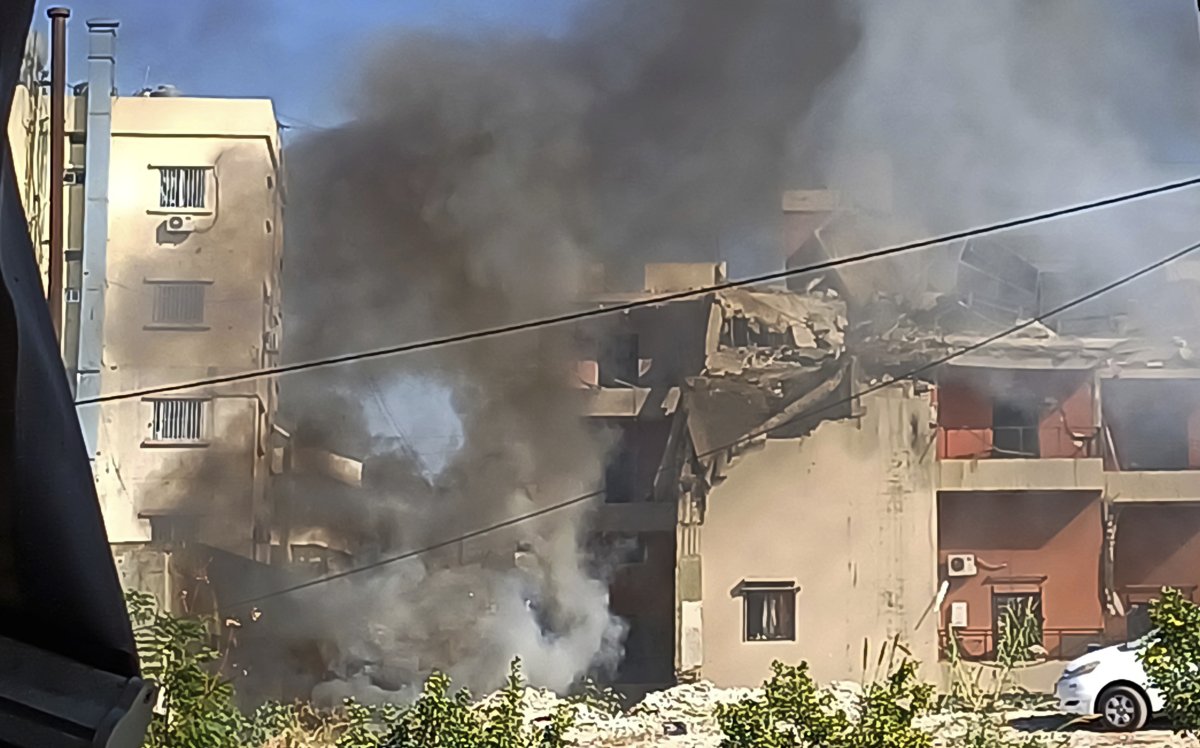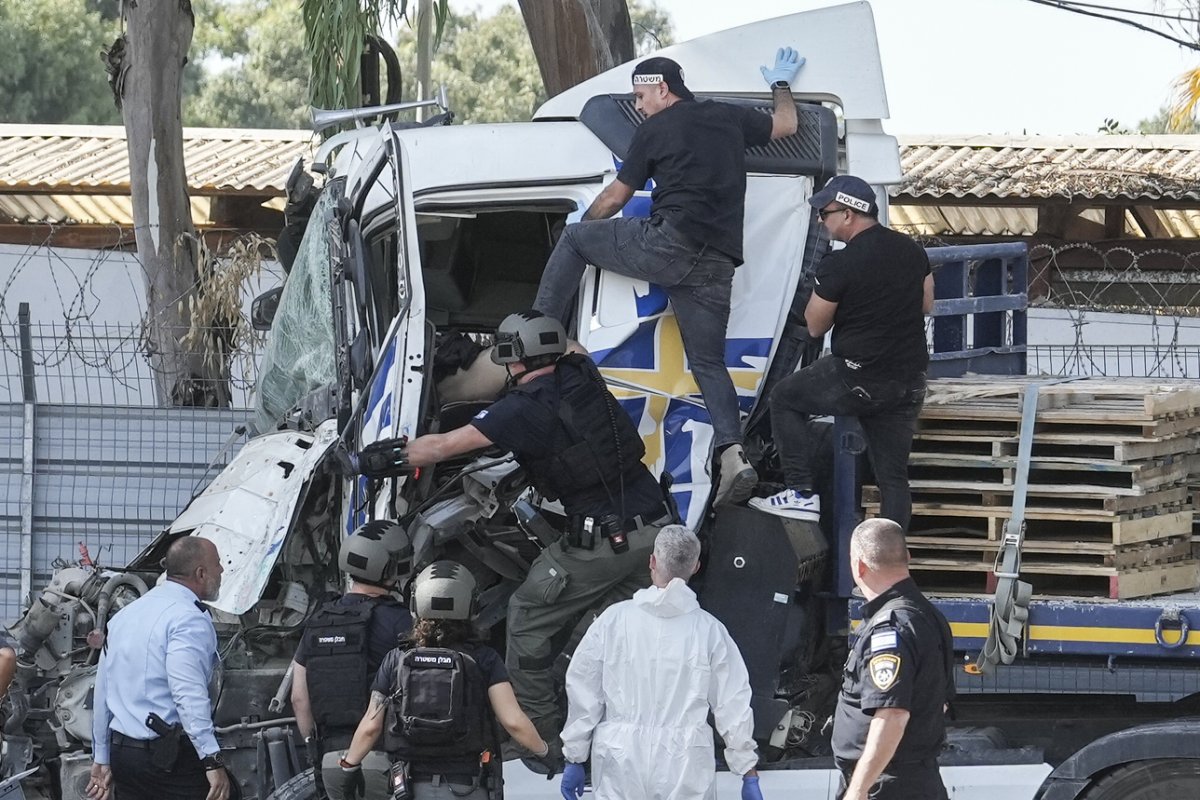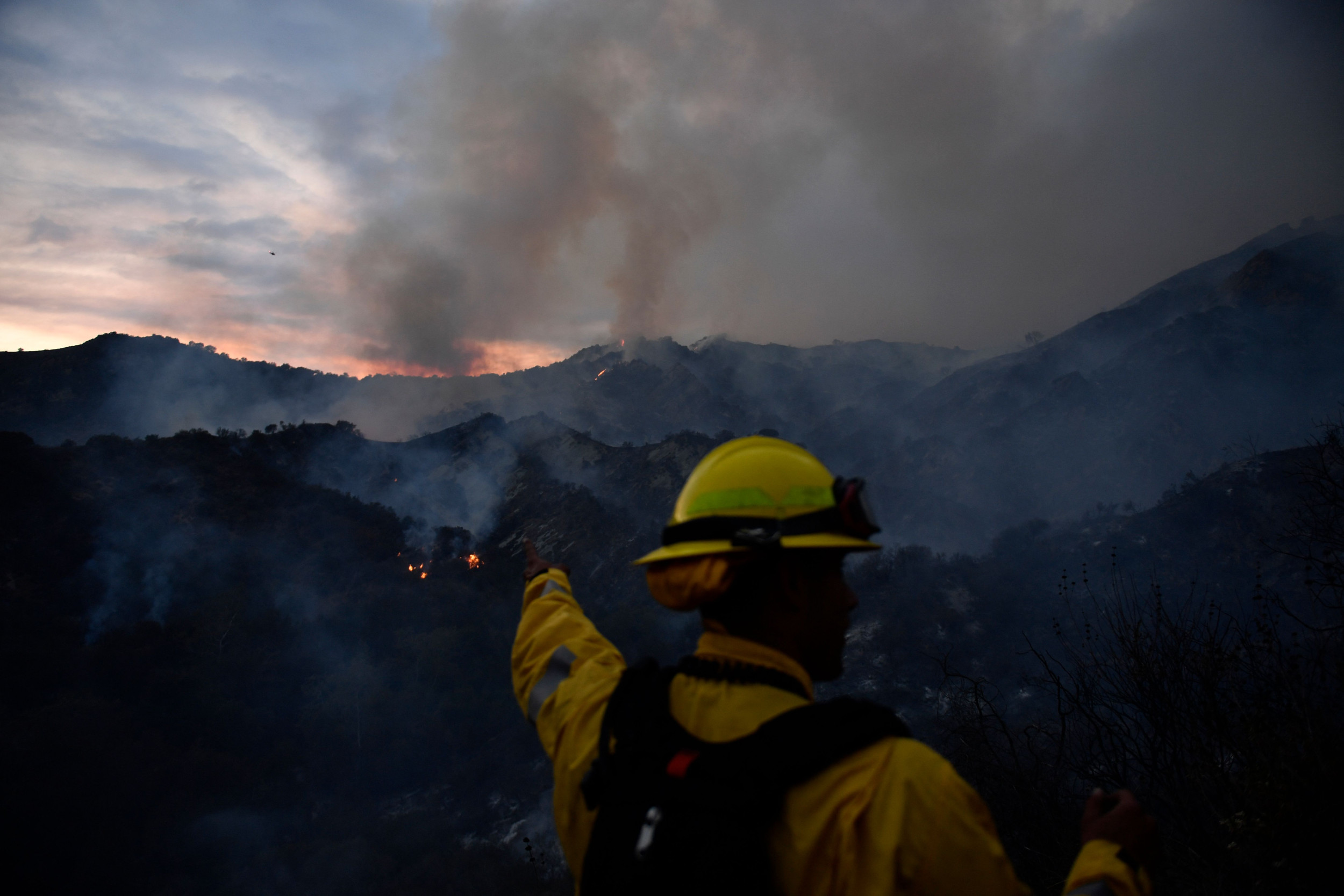Egyptian President Abdel Fattah el-Sissi has proposed a two day ceasefire between Israel and Hamas, which if agreed could result in the release of four hostages currently held in Gaza.
The suggestion, announced on Sunday, also includes provisions for the release of some Palestinian prisoners and the delivery of humanitarian aid to the besieged enclave.
So far, there has been no response from Israel or Hamas, while discussions are expected to continue in Qatar, which is acting as a key mediator in the conflict.
Sissi described the ceasefire as a means to "move the situation forward," indicating a desire for negotiations that could eventually lead to a more permanent resolution.

What Is Egypt's Ceasefire Proposal?
Previous talks aimed at establishing a long-term ceasefire have repeatedly stalled. Hamas insists on the withdrawal of Israeli forces from Gaza as a precondition, while Israeli Prime Minister Benjamin Netanyahu has stated that military operations will continue until Hamas is dismantled.
There has been no ceasefire since last November.
On the day of Sissi's proposal, Israel's Mossad chief traveled to Doha for discussions with Qatar's prime minister and the CIA chief in a renewed effort to quell the ongoing violence and to address the regional tensions that have intensified since Hamas' attack on southern Israel on Oct. 7, 2023.
Since then, the tensions have extended into a multi-front conflict, with Israel engaged in hostilities against Hamas and Hezbollah, both militant groups backed by Iran, and for the first time openly striking Iranian positions on Friday in response to Tehran firing around 200 cruise missiles toward Israel on Oct. 1.

Will Iran Retaliate?
Iran's Supreme Leader, Ayatollah Ali Khamenei urged a measured response to the Israeli strikes, while stopping short of calling for direct retaliation.
Netanyahu has claimed success in degrading Iran's military capabilities, particularly concerning its missile production.
Satellite imagery revealed damage to two Iranian military facilities linked to missile and nuclear weapons programs.
During a government memorial marking the anniversary of the Oct. 7 attack, Israeli Defense Minister Yoav Gallant emphasized the need for 'painful compromises' to secure the release of hostages, acknowledging that military solutions alone may not suffice.
Protesters interrupted Netanyahu's speech, shouting "shame on you" as they expressed their anger over perceived government failures in ensuring national security and rescuing the 70 hostages still believed to be alive and held by Hamas.

Conflict Continues
The situation in Lebanon also remains volatile, with Hezbollah increasing its assaults on Israeli positions in response to the ongoing conflict.
Israeli airstrikes in southern Lebanon resulted in multiple casualties, highlighting the broader implications of the conflict on regional stability.
In Israel, a truck attack near Tel Aviv resulted in the death of one person and injuries to over 30 others, which was attributed by police to an Arab citizen of the country.
Meanwhile, in Gaza, the latest Israeli airstrikes have reportedly killed at least 33 people, mainly women and children according to the Gaza Health Ministry, as the Israeli offensive in the territory continues.
Unbearable Situation
The United Nations Secretary-General has described the situation as 'unbearable' for the Palestinians.
The Gaza Health says over 42,000 Palestinians have been killed since the onset of hostilities, which were sparked on Oct. 7 last year when Hamas launched an attack on Israel which killed around 1,200 people and resulted in roughly 250 hostages being taken.
The ongoing violence has left much of the territory in ruins and displaced around 90 percent of its 2.3 million residents, marking a devastating chapter in the long-standing Israeli-Palestinian conflict.
This article contains additional reporting from The Associated Press





.png)














 English (US) ·
English (US) ·